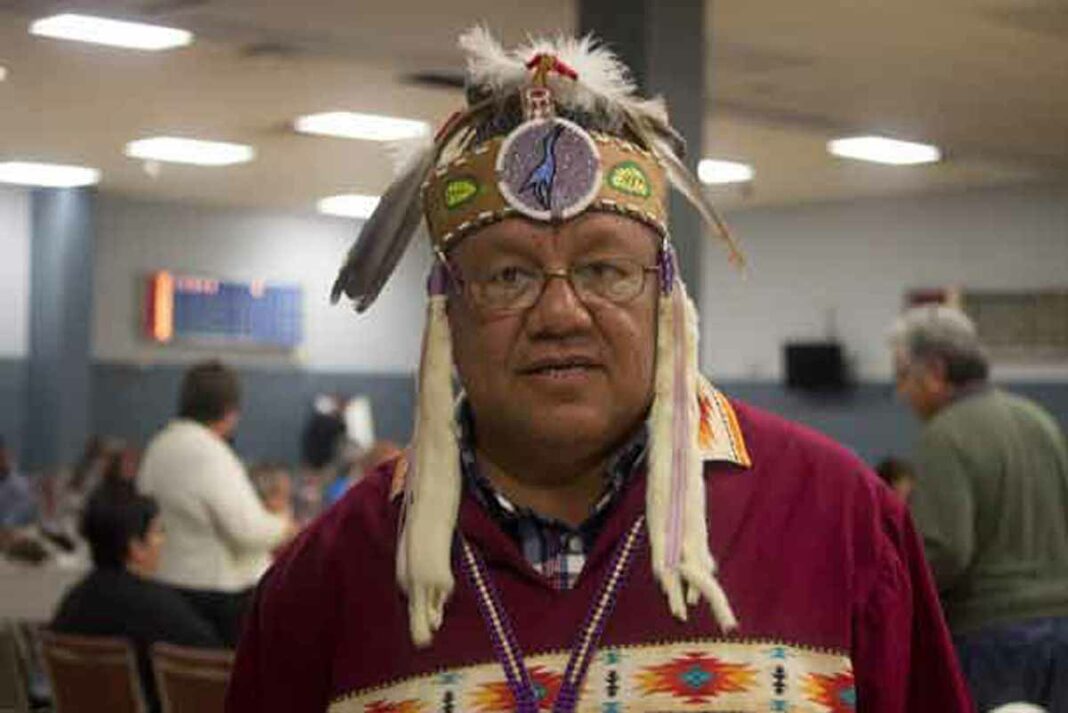CANADA—The Assembly of First Nations (AFN) is calling on the Canadian government to delay tabling its action plan on the United Nations Declaration on the Rights of Indigenous Peoples (UNDRIP) by a year due to what the AFN feels has been too little time for the chiefs to provide input on the plan.
“There is a lot of work that needs to be done on the plan,” stated Glen Hare, Ontario Regional Chief. “Just like anything else, due diligence is needed and time for input to be provided before we can go through with this and provide our support.”
At a special meeting held April 6, AFN passed a resolution with First Nations leaders urging the federal government to amend the UNDRIP to delay the plan, or if not, amend the plan after tabling it following more consultation.
The action plan was due in June 2023, two years after the legislation received royal assent, unless the law is amended. The resolution states, “the draft action plan signals the ineffectiveness of the federal government to envision reconciliation that includes the full recognition of First Nations inherent and treaty rights, title and jurisdiction.”
The AFN resolution also slams the consultation process led by Justice Minister David Lametti as being rushed, leaving ‘grossly inadequate time’ for First Nations to provide input, noting that most First Nations were excluded from providing input.
The resolution also explains that less than a third of the federal cash available for consultation was provided to First Nations while the remaining majority when to “Indigenous organizations which are not rights holders,” a move that the First Nations say violates the United Nations declaration.
CBC News reported that in answering criticism at the conference, Minister Lametti explained he wanted three years to draft the plan but Perry Bellegarde, then-AFN national chief who pushed for the act, wanted a one-year timeline. They compromised on a two-year timeline.
Minister Lametti was quoted by CBC as saying, “the draft plan is just that, it’s a draft. It is not perfect. It is not final. It is not complete.”
The declaration was passed at a United Nations general assembly in 2007. The declaration details global minimum standards for the recognition and protection of Indigenous rights. Canada initially opposed the UN declaration. The Stephen Harper Conservative government switched positions in 2010 but billed the declaration as an “aspirational document.” The Trudeau Liberals unequivocally endorsed it in 2016, passing legislation to align federal laws with UNDRIP in 2021.





